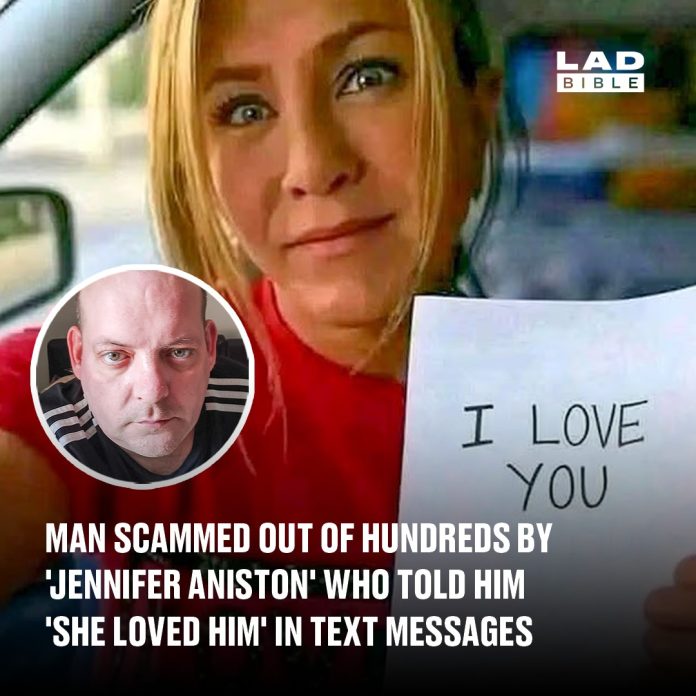A 43-year-old man from Southampton, identified only as Paul Davis, lost £200 after being duped by fraudsters posing as Jennifer Aniston via AI-generated deepfakes. The impostor reached out on Facebook, sending fake videos, doctored selfies, and even a pseudo driver’s license to build trust and manipulate him emotionally. Paul believed he was in a romantic relationship with the “Friends” star and complied with her plea for money to cover her “Apple subscriptions.”
“I Believed It—And Paid”
Describing his ordeal, Paul said: “I got bitten … Once bitten, twice shy.” He was bombarded with a steady stream of AI-generated celebrity interactions over a five-month period. These included not only “Jennifer” but also supposed messages and videos from Elon Musk, Mark Zuckerberg, and others. In one eerie clip, an AI version of Zuckerberg held up an ID while declaring, “This is not a scam—believe me,” before offering fake cash prizes and luxury items.

How the Scam Unfolded
- Emotional manipulation: The impostor sent affectionate messages, emojis, and professed love.
- Visual deception: Doctored selfies, a beard of AI videos, and a fake driver’s license were used to mimic authenticity.
- Urgent asks: Paul was told “Apple subscriptions” were expiring, prompting him to send non-refundable gift cards.
- Multi-celebrity ploy: When “Jennifer” failed, the scammers shifted to other celebrity deepfakes and prize scams to disarm him.
The Toll and a Broader Flood of Fraud
A vulnerable individual battling depression and unemployment, Paul said this constant barrage left him emotionally drained. He revealed others have lost much more—one friend reportedly lost over £1,000 in similar gift-card scams. Paul’s warning: “They’re asking for bank details, credit card info—everything.”
Not an Isolated Incident
This is part of a troubling pattern: in France, a woman lost nearly £700,000 in a Brad Pitt deepfake romance scam, while another family faced an Owen Wilson deepfake incident. Financial protection experts have warned about the rising use of celebrity deepfakes in romance and investment fraud.
Why AI Deepfakes Make Scams More Dangerous
AI and deepfake tech have made it increasingly hard to discern real from fake. One scam clip showing Jennifer Aniston promoting fake MacBook giveaways went viral in late 2023, spotlighting the growing sophistication of such tactics. Experts caution that pixelation inconsistencies, odd speech patterns, and generic urgency cues can indicate deception—and they encourage users to verify content by cross-checking videos, links, and profiles.
Safeguarding Against AI-Driven Scams
To protect yourself and others, be vigilant:
- Verify identity – Don’t assume a Facebook or Instagram message from a celebrity is real.
- Question emotional appeals – Requests for “help” or subscription fees are red flags.
- Avoid gift cards and digital payments – These are frequently exploited in romance scams.
- Check URLs and sources – Hover over links and reverse image search before clicking.
- Talk about it – Sharing stories like Paul’s can help others stay alert.

Final Word: Know the Threat
Paul Davis’ experience shows how AI deepfakes can warp trust and exploit emotions to extort victims—even those who aren’t tech-savvy. Whether it’s fake celebrity love or prize scams, the tools are becoming more persuasive and destructive. His message is clear: watch for emotional manipulation, confirm authenticity, and never send money based on emotion alone. Being alert now could prevent your loved ones from becoming the next victim.

















